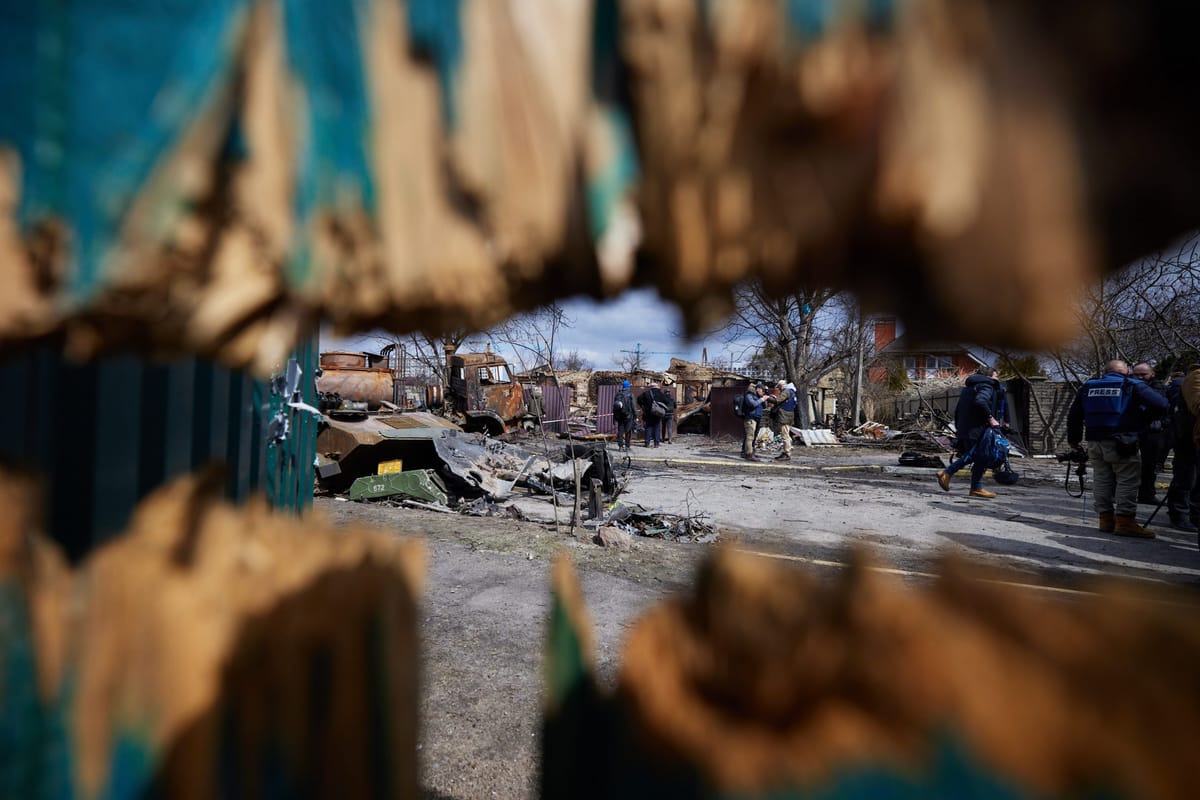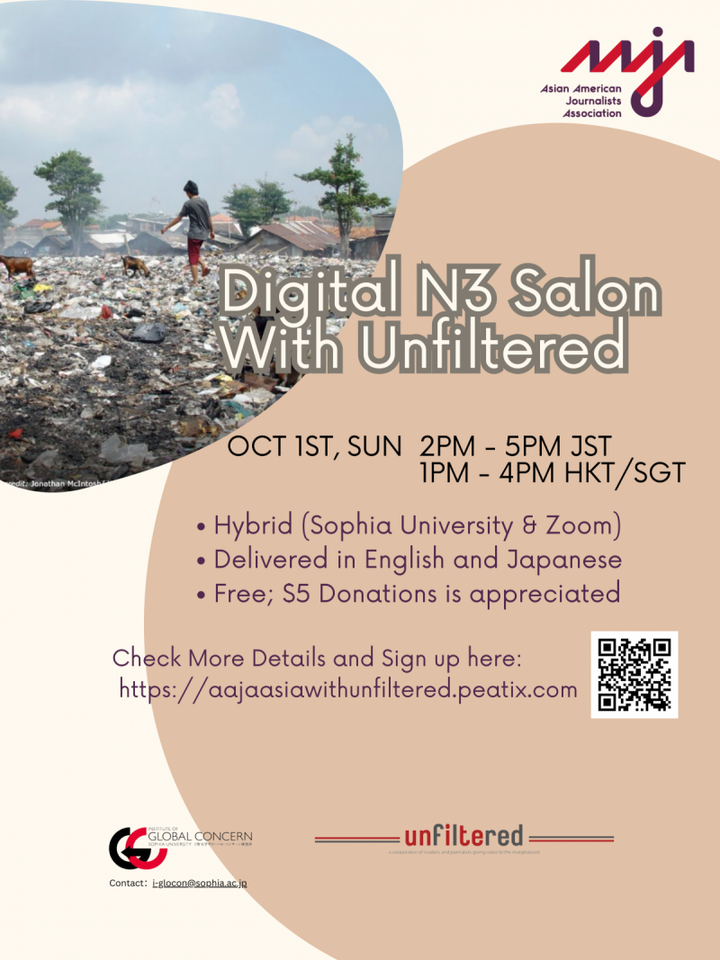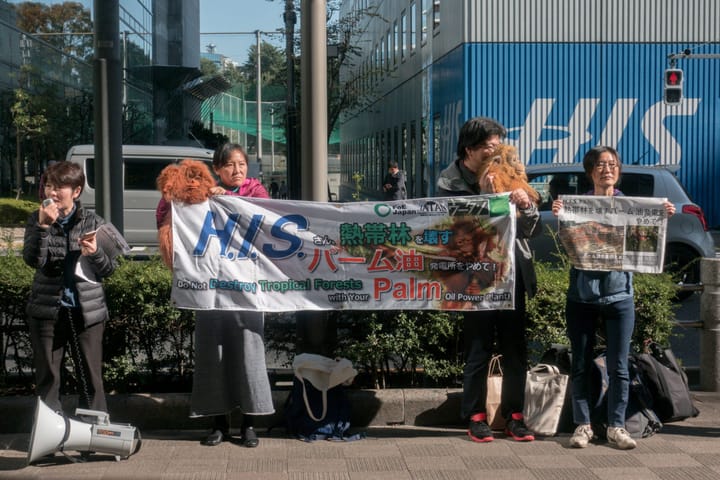Evaluating corporate media war reporting in Ukraine

Introduction
In this article, I want to critically look at mainstream media reportage of Russia’s invasion of Ukraine on Feb. 24, 2022, from the perspective of the Unfiltered journalists’ collective.
David McNeill previously pointed out that Japanese television outlets have avoided providing on-the-ground coverage. I want to investigate other areas not covered in his article, to further deepen the discussion on reporting the Ukrainian invasion.
Historical background on the Ukrainian invasion
Many Japanese people regard Ukraine as little more than a satellite state of the former Soviet Union and appear to have minimal interest in its history. But to understand the current conflict, it is vital to understand its historical background.
During a recent interview with NHK (*1), U.S. political scholar Ian Buruma stated that for the past 30 years, since the Soviet Union’s dissolution, the entire West has remained indifferent to this region. From this Western viewpoint, then, it is perhaps difficult to grasp why Putin’s Russia would become (or at least appear to become) fixated upon Ukraine. In order to understand this requires casting a look back at the German-Russian conflict during World War II.
Svetlana Alexievich, a Nobel prize winner, born to a Ukrainian mother and a Belarusian father in the Soviet Union, pointed out in the same TV program similarities between Putin’s Russia and the Weimar Complex, which emerged after World War 1.

The Weimar Complex refers to the impoverishment of the German population due to the immense burden of postwar reparations imposed by the victorious powers. This in turn gave rise to an extreme form of nationalism. The Nazi party whipped up support among the German people by maintaining an ideology of fighting Communism; but in reality, its purpose for waging war was securing resources.
At the time, the Nazis aimed to extend their sphere of influence as far as the Baku oil field—the world’s largest oil-producing region, located along the western edge of the Caspian Sea. Losing control of this region, however, would have had the opposite significance for the Soviet Union.
In order to safeguard Baku and the capital Moscow, the line that the Soviets had to defend at all costs was the expanse lying between the Baltic Sea and the Crimean Peninsula of the Black Sea. Accordingly, repeated battles between the Nazis and the Soviets occured this region—and hundreds of thousands of lives were lost on both sides. Similarly, Kharkov in Ukraine’s eastern region (the Zelensky administration refers to as Kharkiv) was occupied and recaptured four times during WWII, representing a crucially important location for both sides.
Whichever side lost Kharkov would be unable to maintain the battlefront—and would therefore be forced to surrender. For the Soviets, in other words, Ukraine served as a vital choke point.
On Dec. 26, 1991, the dissolution of the Soviet Union led to the independence of Ukraine from the USSR—which in turn resulted in Ukraine’s descent into poverty. While the West virtually ignored this situation, it must have been aware of Ukraine’s geopolitical value for the European mainland. After all, an independent country can have an embassy. Clearly, the time had come to take Ukraine from Russia.
The Ukrainian presidential election of 2004 took place as its people were reeling from the effects of poverty. The West undertook a strong intervention, resulting in the negative legacy of the Orange Revolution (or, in the parlance of the West, a democratic revolution).
The winner of the election was the ruling party’s Viktor Yanukovych, who defeated opposition leader Viktor Yushchenko—the pro-European Union candidate—on Nov. 21, 2004. This was called an unjust election, and it led to a general strike in Kiev. On Dec. 28, a second election was held at the West’s urging, which resulted in Yushchenko’s success.
The unrest in Kiev, known as the Euro-Maidan Revolution, that occurred 10 years later in 2014 was a decisive moment. This involved a direct clash between the Ukrainian government and pro-independence forces, with Yanukovych eventually becoming exiled in Russia. With armed forces overtaking the capital and the president seeking refuge within the Crimean Peninsula, we need to understand this as virtually a coup d’état.
Because the armed forces for independence invaded the Crimean Peninsula, the Russian military intervened and took control of the region. The Western media only seem to have remembered the latter part of these events, however—changing and overwriting this story to simply read that “Putin annexed Crimea.”
Propaganda: Media reports of the Ukraine conflict
The background to the Ukrainian conflict of 2022 is similar to that of the Euro-Maidan Revolution. For Russia, in fact, it is identical since Russia believes it holds legitimacy. It may be presumed that the West supported the Ukrainian armed forces, which unleashed gunfire in Kiev during the Euro-Maidan Revolution. The current conflict was also supported by the Western forces, but we need no presumption this time.

Since the conflict began, support for the armed forces has continued openly—and it has appeared to constitute a substantive proxy war. And the Western media, which has glorified the provision of weapons in the name of humanitarian aid, has been releasing propaganda in order to suppress the dystopian reality of war.
It should also be noted that American interventions in Ukraine were being engineered on a routine basis following the Euro-Maidan Revolution. Vice-President Joe Biden was providing support for Ukrainian democratization under then U.S. President Barack Obama—meaning that the face-off between Biden and Putin in fact extends back to the time of the Euro-Maidan Revolution.
Through the U.S. embassy, Biden was able to unofficially continue intelligence-related work in Ukraine—while officially creating pro-democratic forces through international NGOs that received U.S. government backing. Support from the National Endowment for Democracy (NED) extended to military training, thereby representing a dangerous organization from the Russian perspective. In addition, the Open Society Foundations (OSF) has similarly provided financial backing for Ukrainian democratization. It is, moreover, worth noting that both organizations are additionally engaging in support for international (=Westerm) journalism.
Given this background, then, Japan’s mainstream media is clearly farcical. It has issued (one-sided) directives from the Ukrainian government along with its own additional analysis, with reports saying “the morale of the Russian troops is low,” “they are occupying nuclear power plants in order to create dirty bombs,” “they are killing citizens,” and “they are forcing residents to move.”
We can hardly defend the Russian media, which has largely fallen into lockstep behind Putin. But what about the Western media? It seems that they do not need to confirm the accuracy of sources. As long as Russia-bashing is taking place, it is considered stellar journalism.
Zelensky’s Ukraine refers to the capital as Kyiv, not Kiev—in response to which the Japanese government has even apparently made a legal revision to change the Japanese reading for the name of its embassy. No matter how much those in power change names, they will never be able to rewrite history.
If we don’t understand, in the first place, the meaning of “de-Nazification of Ukraine” as defined by Putin’s Russia, ceasefire negotiations will be impossible. Academics on Japanese television laughingly dismiss talk of Nazis in Ukraine. For Russia, democratic forces in Ukraine represent an anti-Russian power with Western backing; striking fear into those of Russian descent. The Azov Regiment, a citizen militia aligned with Ukrainian independence, is heavily armed. Who is funding it, and under whose command does it exist?

For US President Biden, the democratization of Ukraine is a long-standing battle—and he insists that the G7 nations pledge loyalty to the United States by banding together and providing weapons for this purpose. While the media has gone along with this script, interest in major newspaper and television reports on the Ukraine conflict is beginning to wane. People are increasingly noticing the one-sided reporting of the Western media, while also realizing that correct information is in fact being disseminated by alternative media sources.
For the past 30 years, there has been indifference toward Ukraine, a region comprising the former border of Eastern Europe. We must now also ask ourselves this question: Have the sympathies directed toward this country been deliberately manufactured?
Unfiltered Note *1:
The NHK ETV feature program on the Ukrainian invasion was aired in two segments of the 2014 program titled, “The world changed by the Ukrainian invasion”; “2014: The roots of opposition” (which aired on March 19, 2022, as a recap of the program “Considering the future through history and ethnicity” shown on May 24, 2014), and “What are we witnessing? Looking toward overseas intelligence” (on April 2, 2022).
The first of these involved reportage by NHK news commentator Ishikawa Ichiyo following the Euro-Maidan Revolution and the annexation of the Crimean Peninsula, while the second consisted of urgent interviews by NHK broadcaster Doden Aiko with individuals including Ian Bremmer and Svetlana Alexievich, as well as economist Jacques Attali.


